Iran's top banker says some frozen funds released, expects more freeing
The governor of the Central Bank of Iran says some of Iranian funds locked up in foreign bank accounts have been released and further freeing is in the pipeline.
Several billions of dollars of Iran’s money, mostly from oil and gas exports, are held abroad and are difficult to access because of tightening US sanctions on the major oil producer in recent years.
“Some of these resources have been released and we are using them. God willing, another part will also be secured,” Abdolnaser Hemmati told reporters after a cabinet meeting on Wednesday.
Around $2.7 billion deposited by the Seoul branch of Iran’s Bank Mellat is held by the Bank of Korea, while more than $7 billion worth of Iranian oil money is stuck at the Industrial Bank of Korea and Woori Bank, according to Yonhap news agency.
South Korea’s refusal to free them has turned to a diplomatic spat which escalated this month when it sent an anti-piracy unit to the Strait of Hormuz after Iran detained a South Korean-flagged tanker for polluting the waters.
“There is no political will on the part of South Korean officials to resolve this issue, but this time they have promised to return with a full hand, and this is a promise which the country’s deputy foreign minister has made,” Hemmati said.
South Korea’s First Vice Foreign Minister Choi Jong-kun visited Tehran this month after Iran’s Islamic Revolution Guards Corps (IRGC) Navy impounded MT Hankuk Chemi on January 4 for polluting the Persian Gulf.
He was told by Iranian officials that the detention was a prerogative of the Islamic Republic's judicial system and pressed on Seoul’s refusal to release the Iranian assets.
Yonhap on Monday said South Korea moved its naval unit operating near the Strait of Hormuz away from the waterway "to foster a positive mood" ahead of Choi’s visit.
But the deployment had already irritated Iran and Iranian Ambassador Saeed Badamchi Shabestari was said to have expressed to Seoul his displeasure over the move.
According to the head of the Central Bank, South Korea has been using the assets, suggesting that Seoul's refusal to repay them is intentional because other countries have found mechanisms to clear their debts under the sanctions.
“South Korea's main problem is that it must go to American banks to exchange money,” Hemmati told national broadcaster IRIB late Tuesday.
“We used to import goods from South Korea, but when the embargo was imposed, all our imports of goods from the country stopped. In general, our trade with Korea was based on oil exports and imports of goods,” he said.
Hemmati said in remarks published Tuesday that South Korean banks should pay damage suffered by the Islamic Republic of Iran during the past two years.
“Our other partners could find some ways so that we can use resources to import humanitarian goods, but the Korean government did not propose any reliable channel in this regard,” he told Bloomberg.
Iraqi debt
Like South Korea, Iraq is in arrears for more than $6 billion over gas imports from Iran.
"In Iraq, too, some have no political will. Their oil revenues after the US invasion were designed in such a way that they first had to go to Washington and get approval, and because their central bank is threatened, their hands are practically closed," Hemmati said.
In January 2020, the Trump administration reportedly threatened to shut off Iraq's access to a key central banking account if Baghdad went ahead with a parliament bill demanding expulsion of American troops from the Arab country.
Washington would shut down Baghdad's access to its main account at the Federal Reserve Bank of New York, used to collect revenues from Iraq's overseas oil sales, The Wall Street Journal quoted officials as saying at the time.
Former President Donald Trump implicitly threatened then to seize $35 billion of Iraqi money held in US banks if the country insisted on the withdrawal of troops.
According to Iran’s state gas company, Iraq owes more than $5 billion in gas bills to the National Iranian Gas Company (NIGC), of which $3 billion remains blocked and inaccessible in Trade Bank of Iraq, and more than $2 billion is overdue debt.
The Iraqi side also owes more than $1 billion to the National Iranian Gas Company for contractual offenses under the agreement, the NIGC said last month.
Iran’s Energy Minister Reza Ardakanian visited Baghdad last month to discuss the unpaid bills with his Iraqi counterpart.
According to Iraq’s electricity ministry, an agreement was reached over the payment of the outstanding debt under which Iran would receive goods and use its funds in Iraq for purchase of new coronavirus vaccines.
'US defeat and Iranian victory'
Meanwhile, the curtain has fallen on the Trump administration’s “maximum pressure” campaign to isolate Iran from the global banking system through sanctions, which South Korea and like-minded countries showed “full cooperation” with.
"Trump was after the collapse of our country, but today is the day of their defeat with their maximum pressure," Hemmati said.
"Today is the day of the defeat and end of Trump's life and the victory of the Iranian nation. All of Trump's efforts were aimed at maximizing inflation and negative growth and creating hyperinflation with the goal of collapsing Iran's economy," he said.
"Under hyperinflation, it is not possible to control everything, but thanks to the wisdom of the Supreme Leader [Ayatollah Seyyed Ali Khamenei] and the support of the people, we saw their goals go the opposite way."
Iran: US airstrikes on Yemen war crimes, violation of international law
Yemeni armed forces down F-18 fighter jet, repel US-UK attack: Spokesman
Iran warns against US-Israeli plot to weaken Muslims, dominate region
VIDEO | Public uproar in US against Israeli regime
‘Ghost town’: 70% of Jabalia buildings destroyed by Israel
Mother’s Day: Sareh Javanmardi’s inspiring journey as Paralympic champion and mother
Russia downs over 40 Ukrainian drones as Putin vows 'destruction' on Kiev
VIDEO | Yemen: A bone in Israeli neck


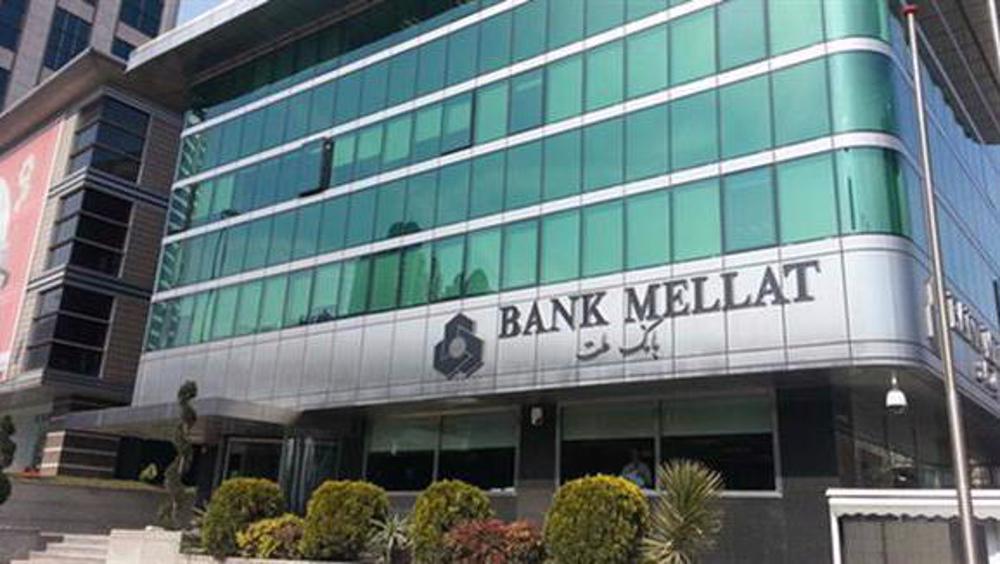

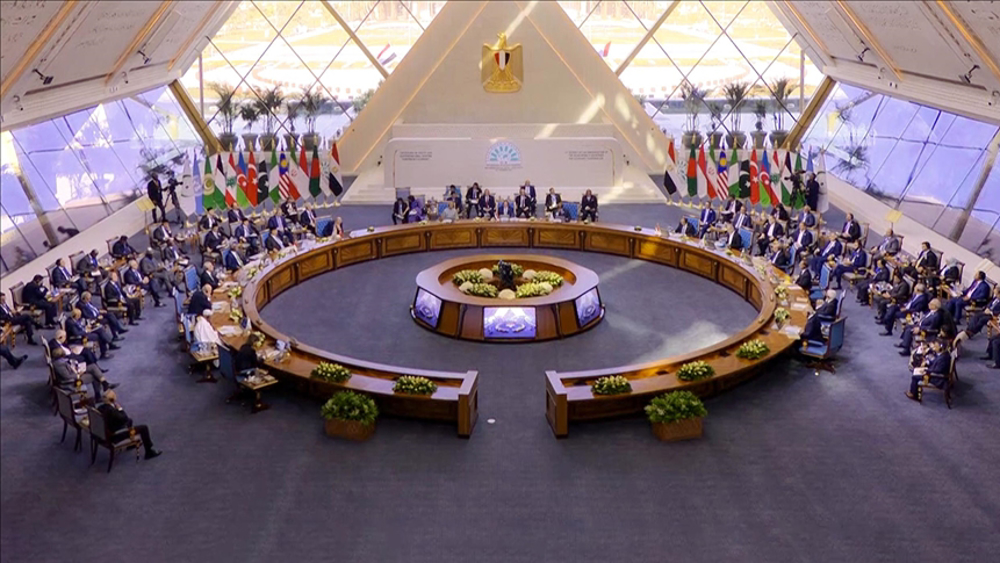
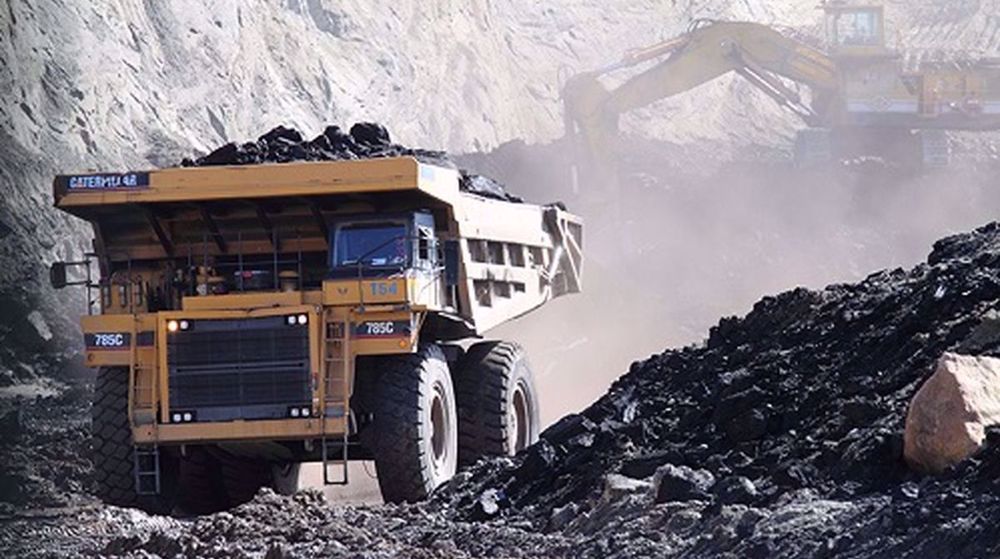
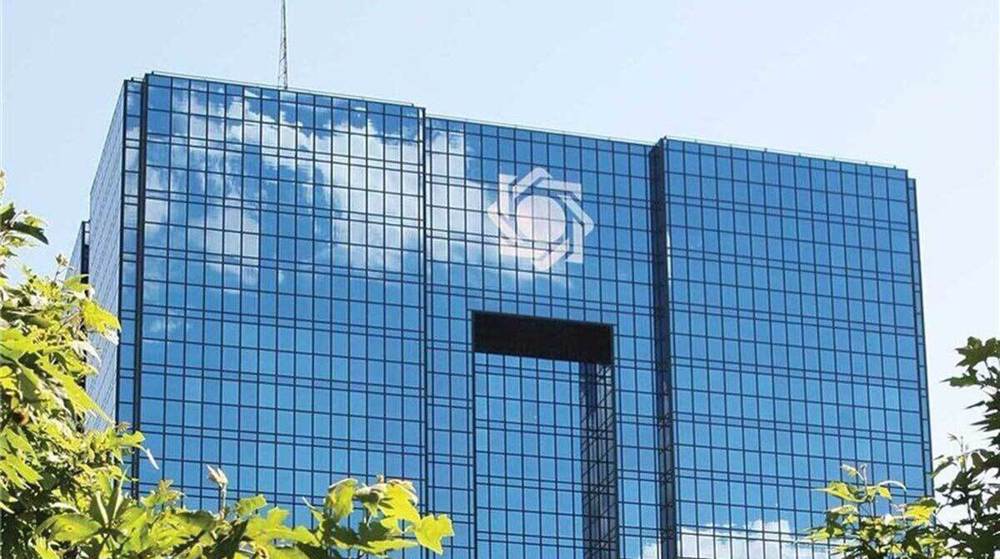



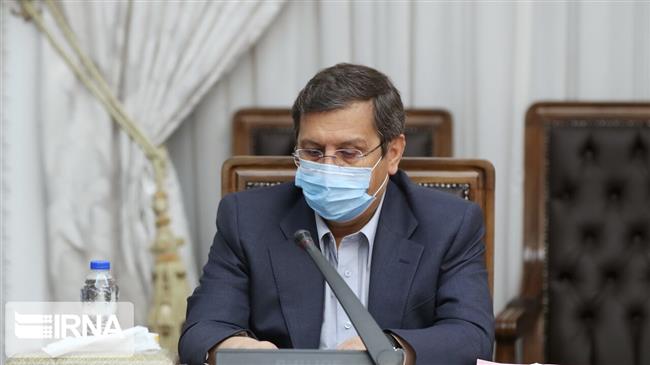


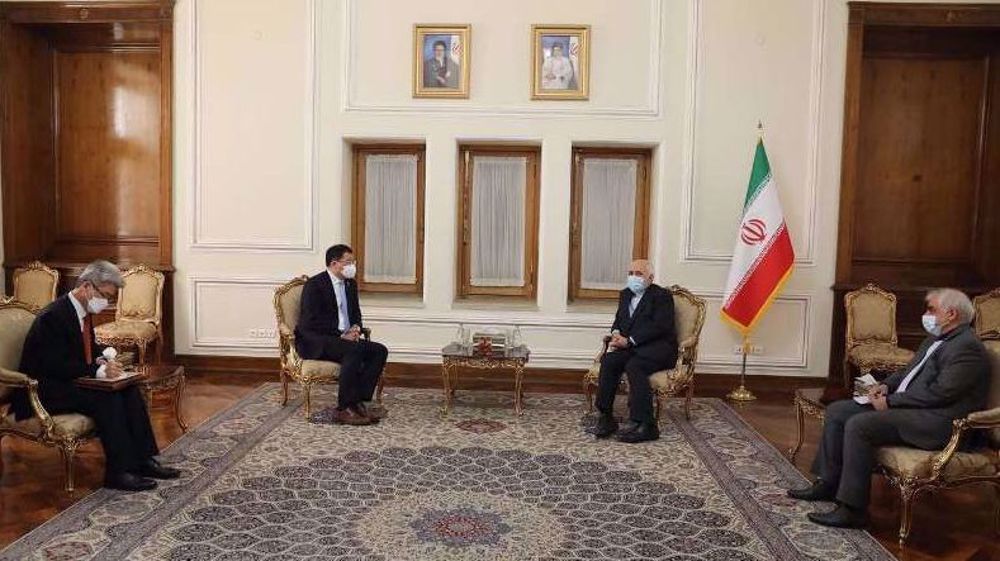


 This makes it easy to access the Press TV website
This makes it easy to access the Press TV website